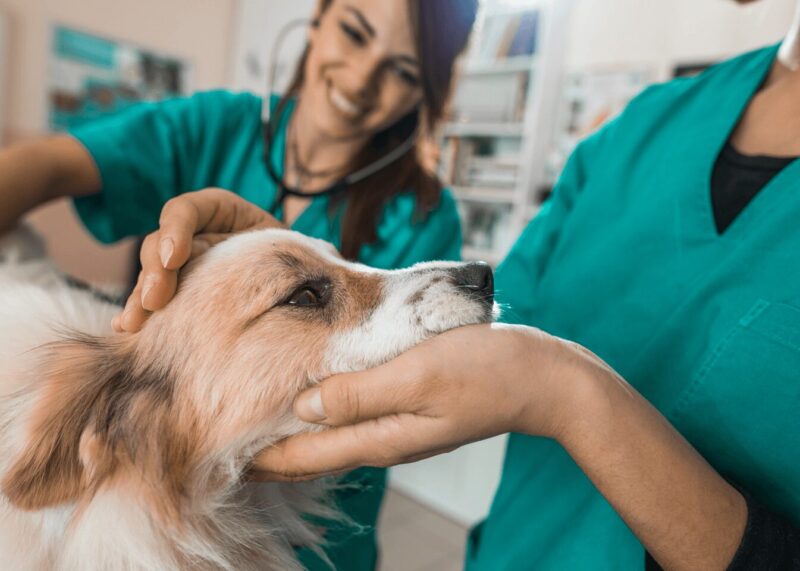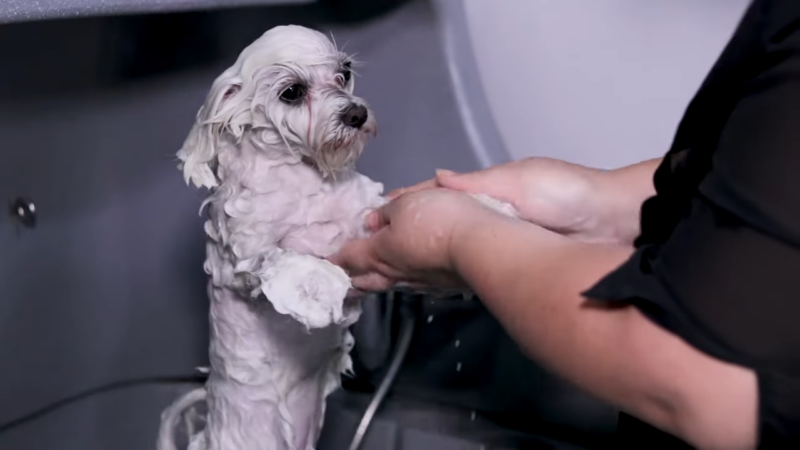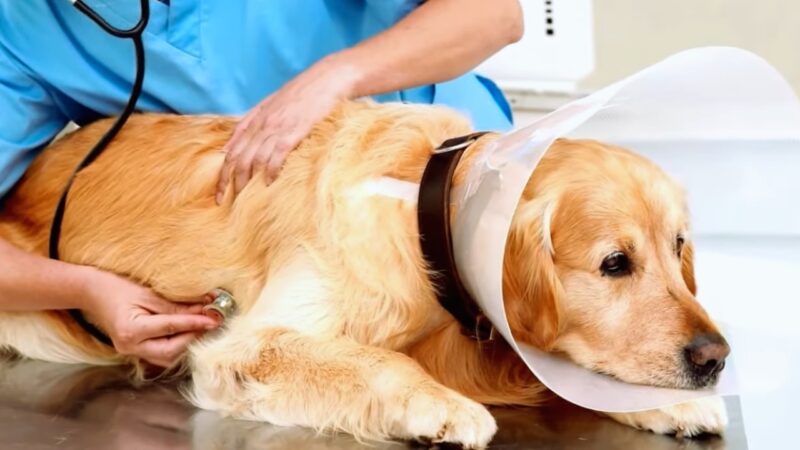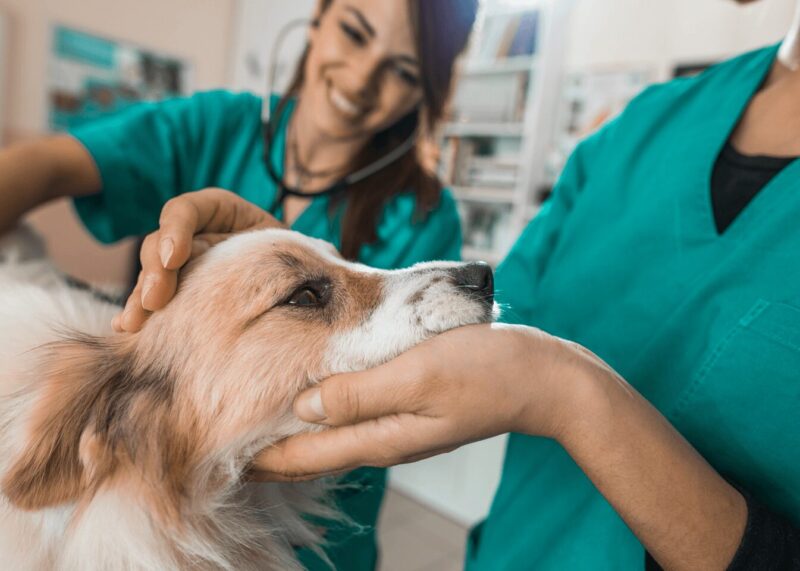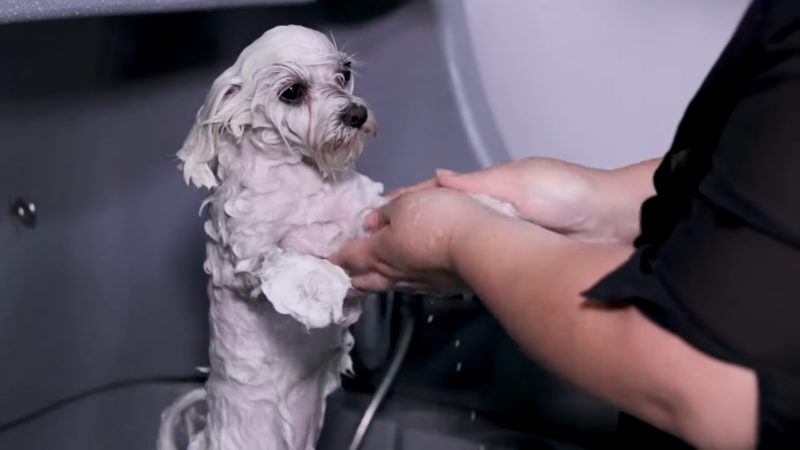
-
 Anita Kantar
Anita Kantar
- Published:
- Updated: March 22, 2024
- Category: Pet Health and Care
Share Post:
When our pets act out of the ordinary, it can be challenging to interpret what their behavior means. As a result, we must be aware of some unusual symptoms that require special attention. In this article, we’ll go over the signs that your pet needs immediate veterinary attention.
Key takeaways
- Excessive lethargy, abnormal stool, frequent vomiting, and difficulty walking are all indications that your pet requires immediate veterinary attention.
- Sudden behavioral changes or discharge from the eyes, nose, or mouth are also signs to visit the vet.
- A quick response to these symptoms can help prevent further health complications and ensure your pet’s well-being.
- To identify possible problems early on, you should become familiar with your pet’s typical behaviors and have emergency vet contact information on hand.
What are the signs your pet needs immediate veterinary attention?
Loss of appetite

Did you know that a dog’s sense of smell is about 40 times better than a human’s? So, when Fido turns his nose up at dinner, it’s a big deal. A sudden loss of appetite is more than just picky eating. It can signal serious health issues ranging from stress to systemic illness. If your pet hasn’t eaten for over 24 hours, it’s time to consult a vet.
Excessive lethargy
Is your usually sprightly cat now as lazy as a Sunday morning? While we all enjoy a good nap, excessive sleepiness or a lack of interest in playtime can be a sign of underlying health issues.
A noticeable decrease in energy or an unusual amount of time spent sleeping can indicate conditions such as thyroid issues or heart disease. It’s essential to take action if your pet shows persistent lethargy, as this is the body’s way of saying, “I need help!”
Abnormal stool
We know, it’s not the most glamorous of tasks, but keeping an eye on your pet’s stool is crucial. Changes in your pet’s stool, such as blood, mucus, or an unusual consistency, can be signs of digestive problems. Also, monitoring your pet’s bowel movements can provide early warning signs of health issues.
Fun fact: Dogs and cats have a digestive system that can process a wide variety of foods, but when things go awry, their stool is one of the first places it shows.
Frequent vomiting
Occasional vomiting may not be unusual, but vomiting more than twice within 24 hours can indicate a serious health concern. Dehydration from vomiting can quickly become dangerous, especially in smaller pets. Remember, pets can’t tell us they’re feeling nauseous, so it’s up to us to keep a vigilant eye.
Difficulty walking
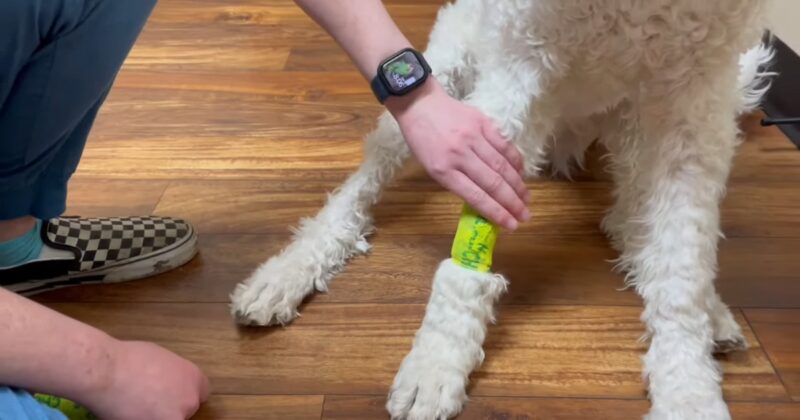
Limping or reluctance to move can be caused by pain, injury, or conditions like arthritis. Any change in how your pet walks should prompt a veterinary visit to diagnose the underlying cause. Dogs are stoic creatures who often hide their pain, so If they’re limping, it means they can’t hide it anymore.
Discharge from eyes, nose, or mouth
It can be the first sign of infection. It’s especially important to seek veterinary care if the discharge is persistent or followed by other symptoms like sneezing or coughing.
Did you know? Cats are more prone to respiratory infections than dogs, thanks to their curious nature and love of exploring tight spaces.
Recognizing signs of distress in your pet is crucial for prompt intervention, and having a comprehensive first-aid kit on hand can equip you to address minor issues before they escalate into emergencies.
Excessive scratching or biting

No one likes uninvited visitors, especially when they’re parasites. Fleas, ticks, and mites can cause an array of issues, from skin irritation to severe allergic reactions. If you notice your pet excessively scratching or biting its skin, it’s time for a parasite check-up.
Remember, prevention is key; regular flea and tick treatments can save your pet from a lot of discomfort. Also, treatments are critical to your pet’s comfort and health.
Changes in urination
Any significant change in urination habits, such as frequency, amount, or accidents in the house, can signal urinary tract infections or kidney disease. These conditions can be serious and require immediate attention. Cats, in particular, can develop life-threatening blockages.
So, if you notice anything unusual about your pet’s bathroom habits, don’t wait to seek help.
Difficulty breathing
Breathing problems, such as wheezing, coughing, or labored breathing, require immediate veterinary evaluation. These symptoms can indicate heart disease, asthma, or other critical conditions.
Did you know? Certain dog breeds like Bulldogs, Pekingese, Shih Tzu and Pugs are more prone to breathing problems due to their facial structure.
Behavioral changes
Changes in behavior, such as increased aggression or fear, can indicate pain, discomfort, or neurological issues. Pets might not speak our language, but their behavior tells us volumes. It’s essential to note any changes and act on them swiftly.
FAQs
What should I do if my pet shows signs of an emergency outside regular vet office hours?
Most areas have emergency veterinary clinics that operate outside regular hours. Keep the contact information for your nearest emergency vet handy, and don’t hesitate to call them if you’re concerned about your pet’s health during off-hours.
Is it normal for pets to have occasional diarrhea, and when should I be concerned?
Occasional diarrhea can happen due to dietary indiscretions or stress and might not immediately signal a serious problem. But, if the diarrhea persists for more than a day, is accompanied by blood or vomiting, or if your pet seems lethargic or dehydrated, you should contact your vet.
My pet seems to be drinking more water than usual. Is this a sign of a health issue?
Increased thirst can be a sign of various health issues, including diabetes, kidney disease, or thyroid problems, especially if it’s a significant change from their normal behavior. Monitoring their water intake and consulting with a veterinarian for a proper diagnosis is important.
How quickly should I act if I notice one of these signs in my pet?
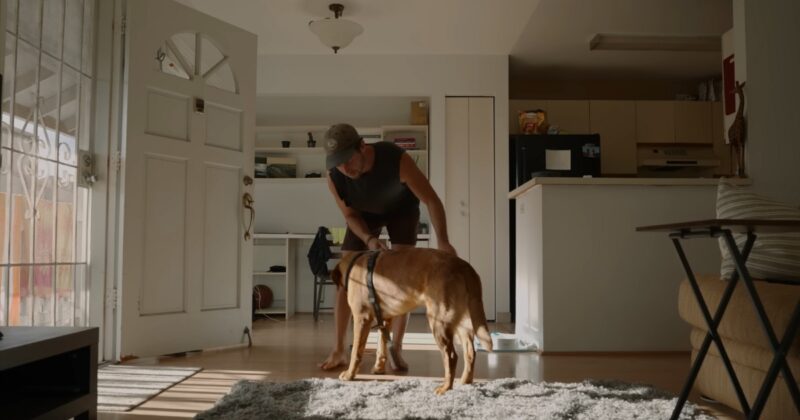
If you notice any urgent signs such as difficulty breathing, severe lethargy, repeated vomiting, or collapse, it’s critical to seek veterinary attention immediately. For less severe symptoms that persist for more than 24 hours, schedule a vet visit as soon as possible to rule out underlying issues.
How do I differentiate between my pet being tired and lethargic?
Tiredness after exercise or play is normal. Yet, lethargy is a state of fatigue or sluggishness that isn’t relieved by rest. If your pet is unusually inactive, indifferent to activities they usually enjoy or seems weak, these are signs of lethargy and possibly an underlying health issue that needs veterinary evaluation.
Can a pet’s behavior change indicate something other than a physical illness?
Yes, they can also indicate emotional distress, anxiety, or stress due to environmental changes, such as moving to a new home, the arrival of a new family member, or the loss of a companion.
Conclusion
Our pets are more than just animals; they’re family members, companions, and sometimes, our most trusted confidants. Keeping them healthy and happy is a responsibility we happily undertake.
By paying attention to the signs and seeking veterinary care when needed, we ensure our furry friends lead long, joyful lives. Remember, when in doubt, a vet check-out is the best option!
Related Posts:


